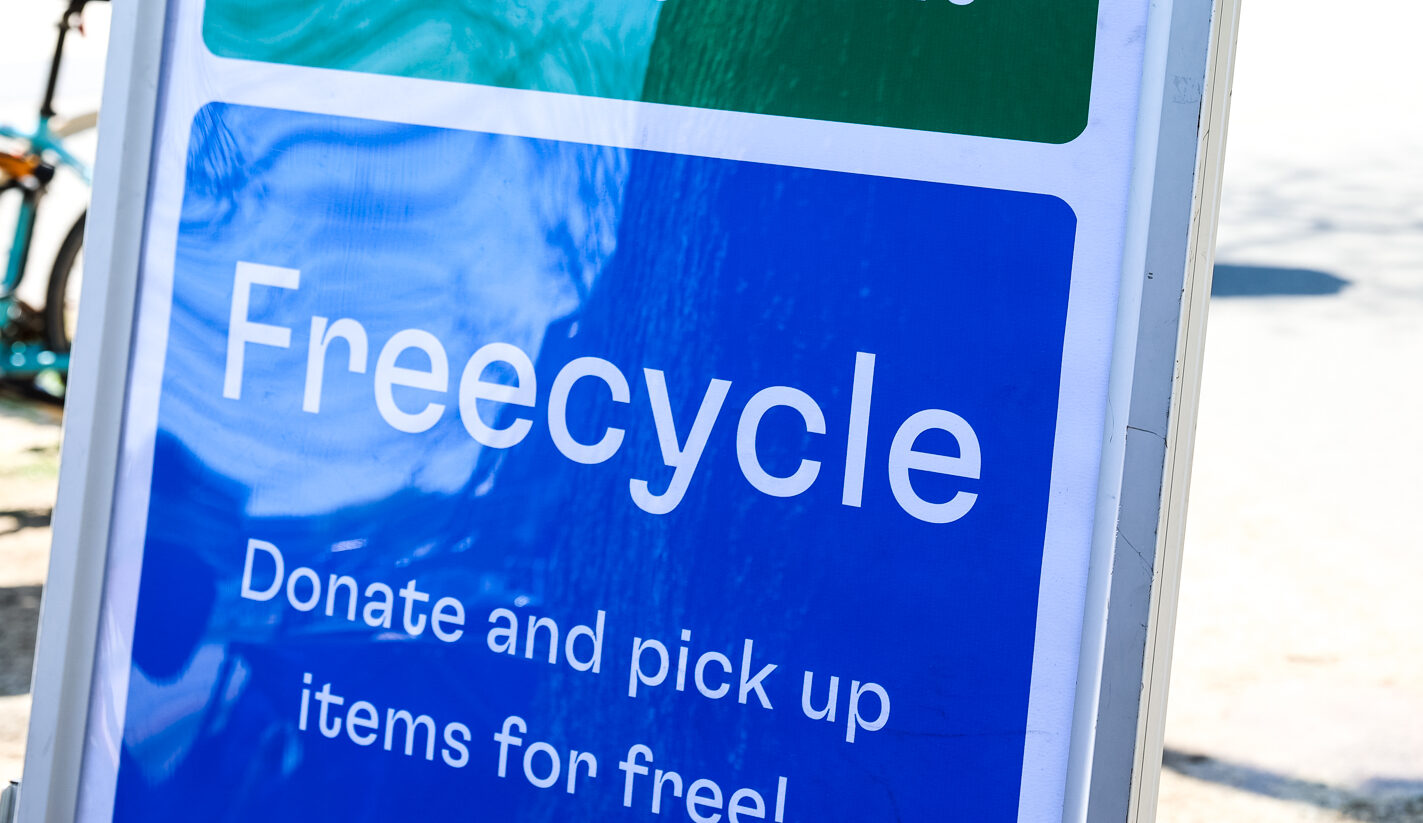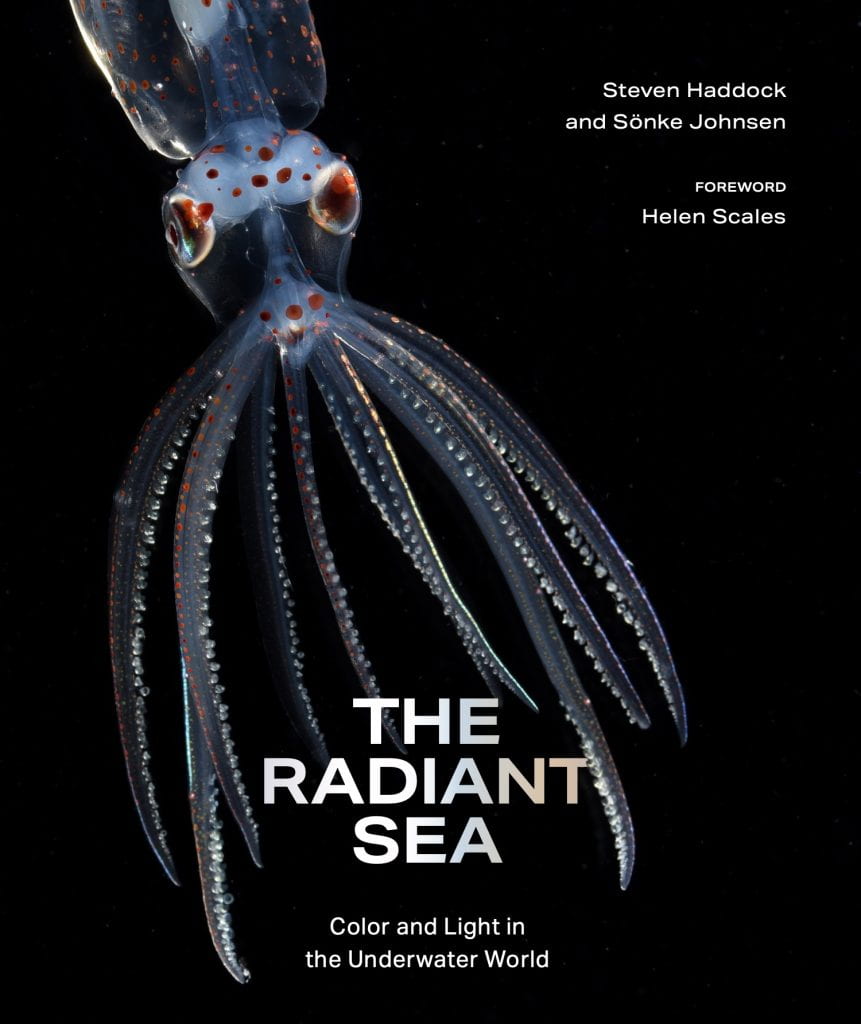Established in 1986, the biennial Green Prize recognizes projects that make an exemplary contribution to the public realm of a city, improve the quality of life in that context, and demonstrate a humane and worthwhile direction for the design of urban environments. Eligible projects must include more than one building or open space constructed in the last 10 years.
The 15th Veronica Rudge Green Prize in Urban Design has been awarded to the Rwanda Institute for Conservation Agriculture (RICA) campus in Bugesera, Rwanda. With this award, the GSD acknowledges excellence in not just design but also process. Demonstrating a commitment to experimentation, the RICA project sets a new standard for evaluating innovation in the field of urban design. The project was realized through constant negotiation between city officials, motivated designers, and mobilized citizens. This process now serves as a model to educate other cities about implementation pathways. MASS led the master planning, architecture, landscape, engineering, furniture design and fabrication, and construction for the project.

